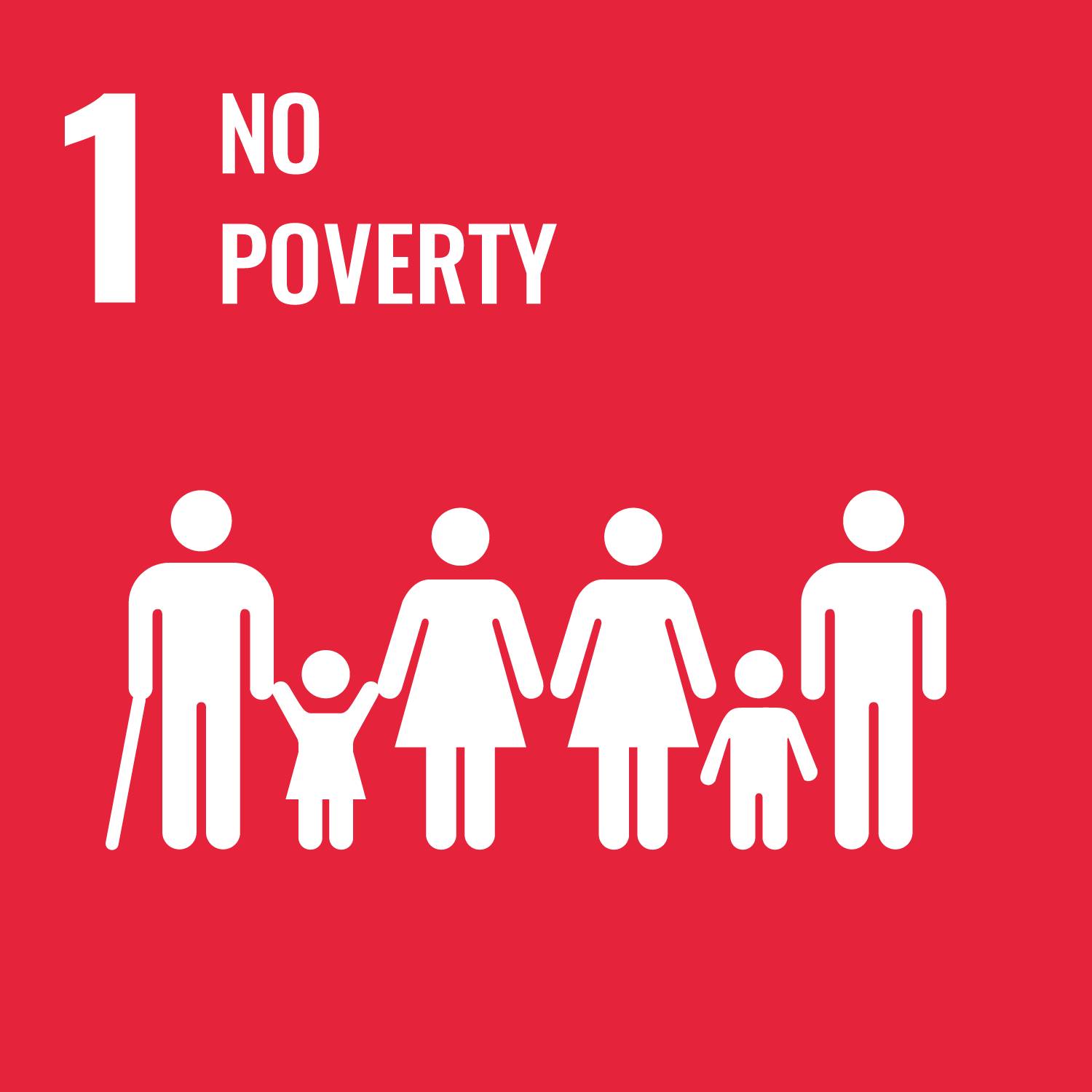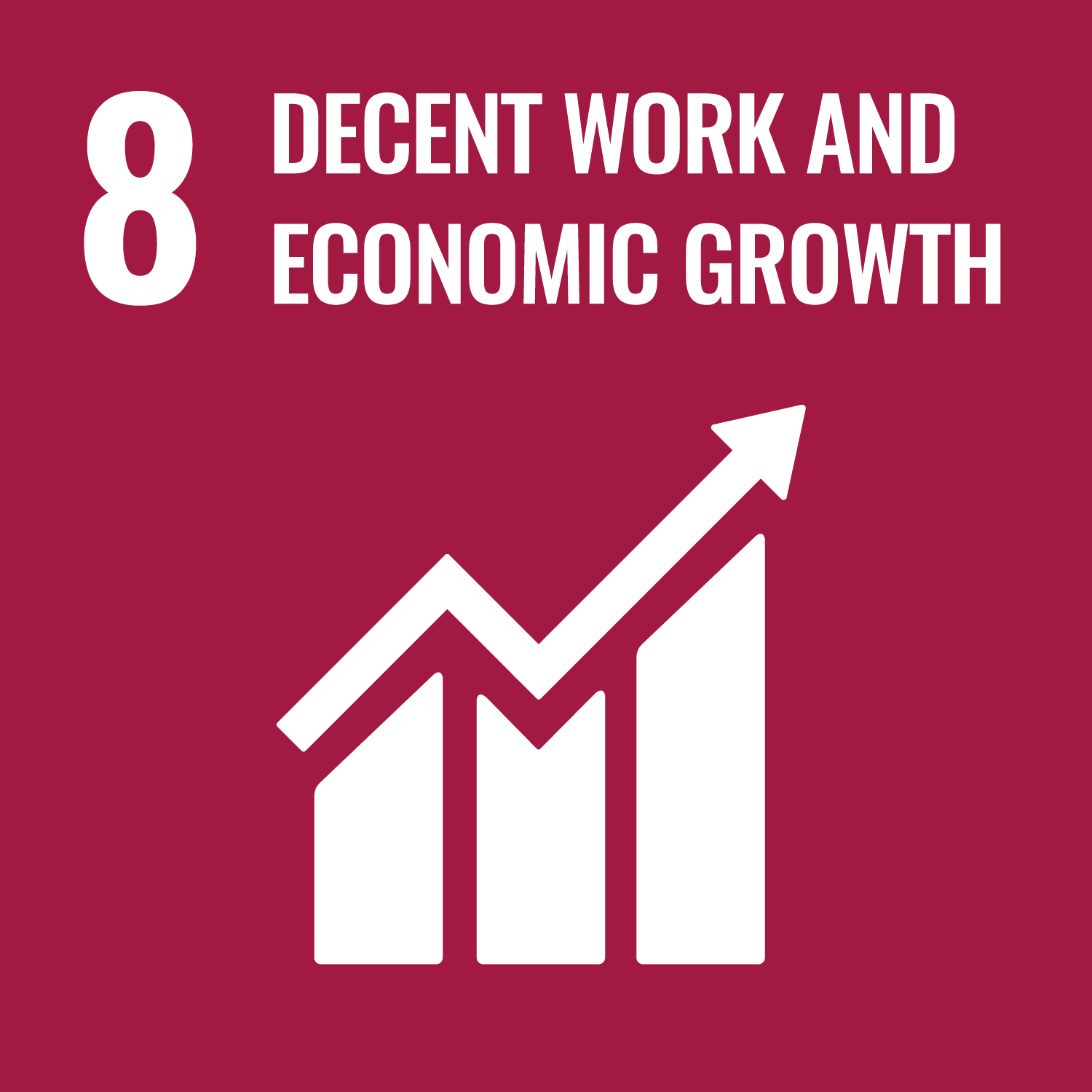This study by the Williams Institute presents the findings of a 39-country study looking at the impacts of inclusion of LGBT people in emerging economies.
The report presents an outline of the context of LGBT people globally, and points to a link between higher levels of LGBT inclusion and high levels of national economic development. The report defines the issue and scope of the project and presents the countries examined in the report (such as Albania, Nepal, Argentina, Russia, Thailand and South Africa).
The report then moves into a discussion of human capital and economic development as well as key theoretical frameworks.
Overall, the research found that LGBT people experience widespread and multiple types of discrimination that has harmful economic impacts. This includes unjust arrest and detention by police; concerted efforts by the police to humiliate and extort LGBT people; high rats of physical, psychological and structural violence which can restrict the ability to work; workplace discrimination that can prevent entry or advancement in the job market; barriers to physical and mental health; and high rates of bullying and discrimination in the education system, which contributes to dropping-out.
The report then provides recommendations, including to expand the research beyond the original 39 countries.








